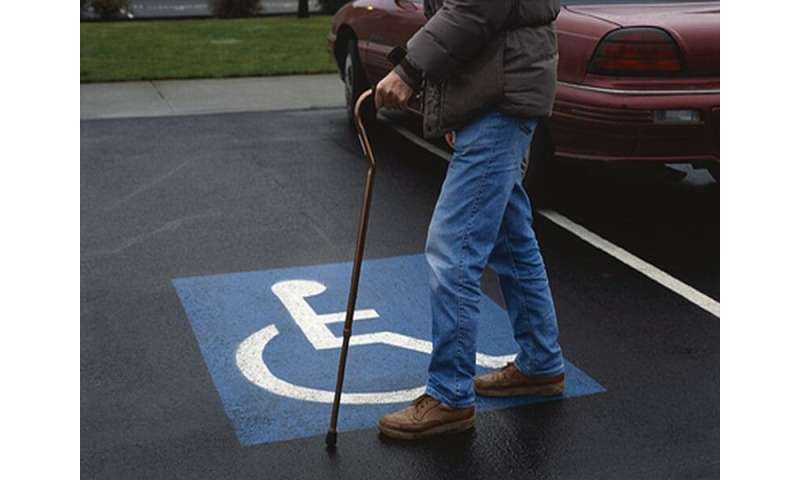
(HealthDay)—About 30 million U.S. adults live with osteoarthritis and the pain and stiffness it causes, a new survey finds.
And nearly one-third of these people said their symptoms are not well-managed, according to the Arthritis Foundation survey of almost 2,000 adults. In osteoarthritis, the cartilage cushioning the joints gradually wears down, leading to swelling, and limiting a person’s abilities to do the activities they want and need to do every day.
“Pain is debilitating. My back and hip pain are so bad that I have trouble getting out of bed,” wrote one survey respondent. “Each step is excruciating, and I wonder how much longer I can deal with the pain.”
The results of the recently released survey are clear, according to a news release from the foundation. Patients want to see more treatment and care options to reduce the impact of arthritis pain on their daily lives.
Respondents said that pain was difficult to manage with few options, including anti-inflammatory medications (NSAIDs), diet, exercise, opioids, braces and canes. Some reported using meditation and prayer. Surgery was considered a last resort.
About 65% said they use NSAIDs or topical medications to manage their pain, about 29% rely on therapies like physical therapy or massage, and another 29% said total joint replacement helped. Research shows that staying physically active can improve arthritis pain, according to the foundation.
More than one-third said COVID-19 concerns had caused them to cancel or skip health care appointments. Some also reported that pain levels had increased because of COVID-19 restrictions impacting their ability to access treatment and activity.
The primary change patients want to see is for health insurance to increase coverage of new arthritis treatments, though more than half said they were only interested in a treatment for pain if it didn’t also increase their joint damage, according to the foundation.
“You spend a lot of time & effort trying not to think about it because what you focus on magnifies,” wrote one survey respondent. “You hate pain scales because how do you rate something that is always there? Oftentimes it’s not the pain’s intensity but rather the duration.”
Source: Read Full Article
